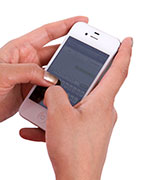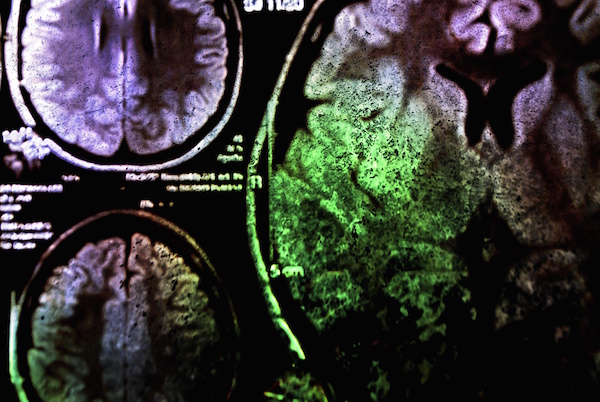
FRIDAY, Oct. 10, 2014 (HealthDay News) — If you think teenagers always pay a penalty in performance when they juggle multiple media devices, think again.
A new study conducted by high school students finds that some youngsters do equally well on tasks when moving between their laptops, smartphones and other devices, compared to less media-obsessed teens.
“Maybe practice really does make perfect,” Alexandra Ulmer, a senior at Oregon Episcopal School in Portland, Ore., said in an American Academy of Pediatrics news release.
“In our current multimedia environment, there are people who are multitasking at an exceedingly high rate, and the reality is that they may have become really good at it,” added Sarayu Caulfield, also a senior at the same high school.
The study included about 400 students of both sexes, aged 10 to 19. All were asked about their daily media habits and then tested on their ability to switch between tasks and focus on a single task, with and without distractions.
Those who scored high on the “media multitasking index” averaged more than three hours a day of multitasking, the study found. They also managed to complete an average of 3.5 hours of homework a day, all while juggling multiple tasks for more than 50 percent of this time.
Students who scored low on the multitasking index averaged about 20 minutes a day of multitasking, did 2.5 hours of homework a day, and multitasked 0.08 percent of this time, according to the study.
The “high multitaskers” were better at filtering out distractions but less able to focus on single tasks, while the opposite was true for low multitaskers.
“We must emphasize that most people performed best when focused on just one task,” Caulfield said. “However, there was a group that provided us with an exception to that finding — the high media multitaskers.”
Ulmer said that so-called “digital natives” — kids who grew up with exposure to many forms of media — who also use multiple media at high rates may have developed special neurological skills over time.
These kids may have “an enhanced working memory and perform better in distracting environments than when focused on a single task with no distractions,” she said. “This could have a significant impact on teaching styles and curriculum.”
The study findings are scheduled for presentation Oct. 11 at the American Academy of Pediatrics meeting in San Diego. The data and conclusions of the research should be viewed as preliminary until published in a peer-reviewed journal.
More information
The Pew Research Center has more about teens and technology.
Copyright © 2026 HealthDay. All rights reserved.

